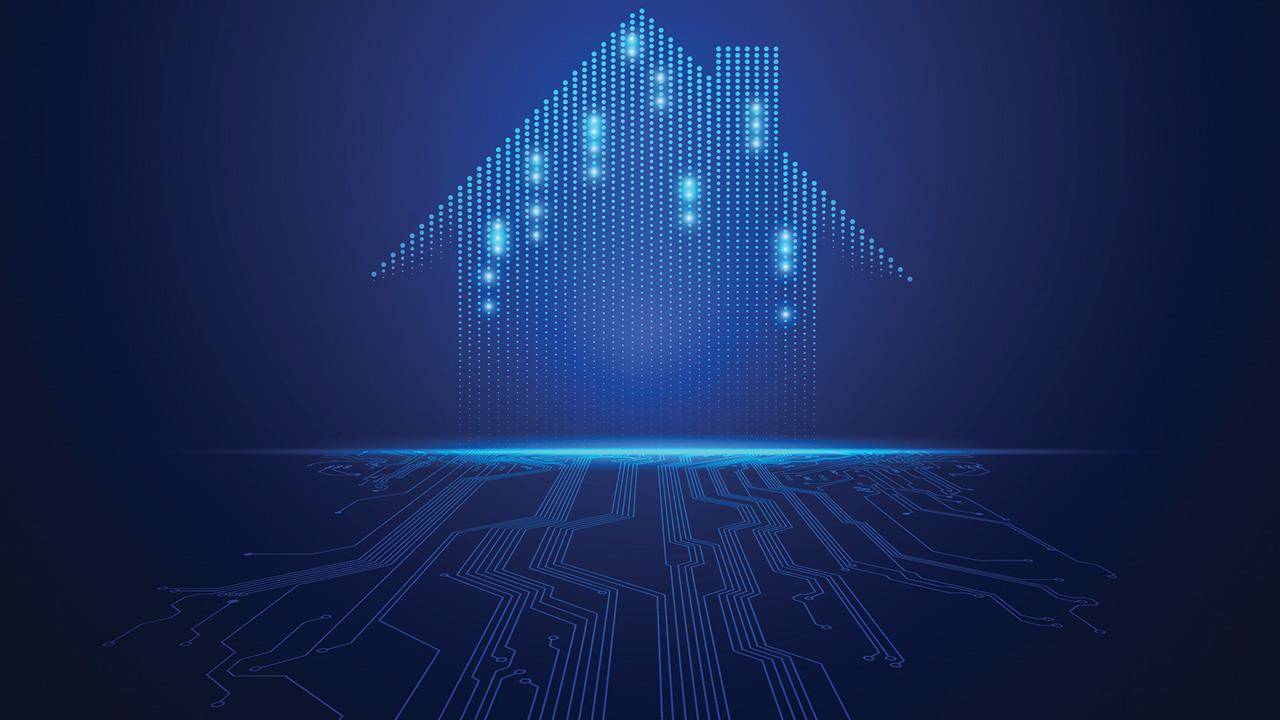

Whether it’s a virtual assistant or a smart meter, in the last decade the rise of smart technology has changed the way people live their lives and run their households. But what if technology could help you as the installer, as well as your customers?
Most large and medium-sized heating and plumbing businesses will be aware of the benefits of a Customer Relationship Management (CRM) system in keeping down paperwork and managing customer records.
Holding your customer’s information in one place, an intelligent CRM system will provide you with a full record of a customer’s heating system, including any previous repairs, as well as contact details, and other notes that help you to carry out the job quickly and efficiently.
Remote Appliance Monitoring (RAM) takes these efficiencies one step further, focusing on the appliances themselves and supporting you in your role as the expert. By integrating RAM with your CRM system, your back-office staff will be able to monitor your entire heating portfolio and see exactly what is happening to each customers’ system in real-time, making it easier to manage and streamlining the customer service process.
The cloud integration between remote appliance monitoring and a CRM system means that installers can do a ‘deep dive’ into the data available on temperature, water pressure, and flow on a single software platform.
For installers, this means that you can contact a customer as soon as you identify a potential issue with their heating system and arrange for an engineer to visit. What’s more, the ability to access this data means you can fully prepare for a follow-up visit in advance; getting the parts and equipment you need ready or providing diagnostic advice over the phone to give the customer an opportunity to fix the issue under their own steam.
Time is money
Historically, if a homeowner had an issue with their heating system they would need to alert the engineer to the problem, schedule an appointment, and wait for an engineer to come to their home to diagnose the issue. Once the diagnostics have been done, there may need to be future appointments scheduled to complete the repair.
This process can be frustrating for the customer and time-consuming for the installer, particularly if a lot of that time is spent in traffic or waiting at builders’ merchants for parts.
The use of RAM helps increase business efficiencies for installers and their customers by reducing time spent on wasted callouts and providing a greater understanding of your businesses’ heating portfolio. This can also lead to increased revenue opportunities, as you are able to demonstrate to your customers exactly what needs to be done to get their system working optimally.
Supported homes
The ability to predict and apply a fix to a system before it breaks down and causes a major inconvenience is undoubtedly a significant benefit for a homeowner. However, the rise in smart technology can be intimidating to some customers, and they may be nervous about using it for something as fundamental as a heating system.
To provide peace of mind, you can assure customers that the RAM software only accesses information that you as the installer could see during a visit. By facilitating remote access, the customer is simply allowing you to monitor and resolve potential issues more quickly.
In addition, only you as the installer can access the ‘deep dive’ data about the customer’s boiler and heating system. This allows you to prioritise issues and avoids the homeowner misinterpreting the data and raising false alerts. Instead, the customer will receive simple and clear notifications to their smartphone to let them know when an issue has been identified, and when it has been fixed.
With Remote Appliance Monitoring, the customer doesn’t need to do much at all to realise the benefits. It essentially provides an additional support service for heating systems that enables you to anticipate potential issues. At Resideo, we like to call this ‘The Supported Home’.
Compatibility and protection
Data security is an important topic, particularly with the rise of smart devices and web-based apps that analyse personal data to tailor online experiences, and suggest relevant goods and services to you.
For example, Remote Appliance Monitoring from Resideo has been designed to comply with the General Data Protection Regulations (GDPR). The customer ‘owns’ their data and therefore a mandatory consent form must be signed by the end-user to initiate the connection. This also explains how their data will be used, which is particularly useful if the customer has any questions. The customer can also withdraw consent at any time and stop the service.
Remote Appliance Monitoring from Resideo works with all Opentherm boilers (for example – Ideal Boilers, Viessmann, Intergas, Baxi, Remeha, Ferroli, Daikin, Navien, ATAG, Vokera, etc.), and all Honeywell Home smart connected thermostats, including the evohome. It provides real-time visibility, monitoring, fault diagnosis and predictive faults of the heating systems across your entire portfolio as an installer – all from a single point of access and control.
If you'd like to keep up-to-date with the latest developments in the heating and plumbing industry, why not subscribe to our weekly newsletters? Just click the button below and you can ensure all the latest industry news and new product information lands in your inbox every week.